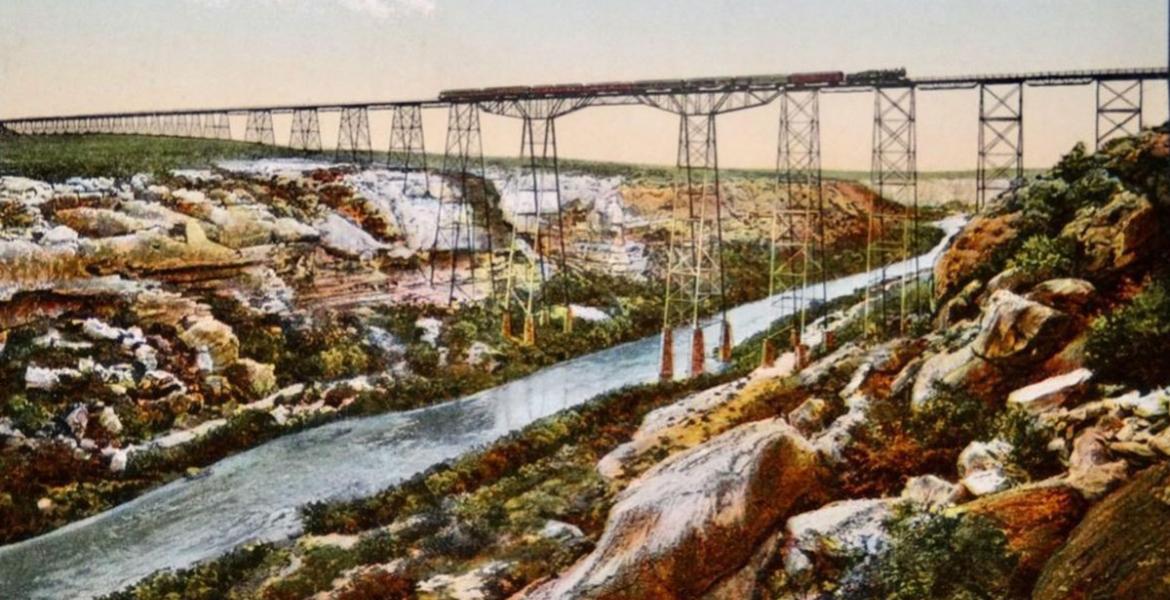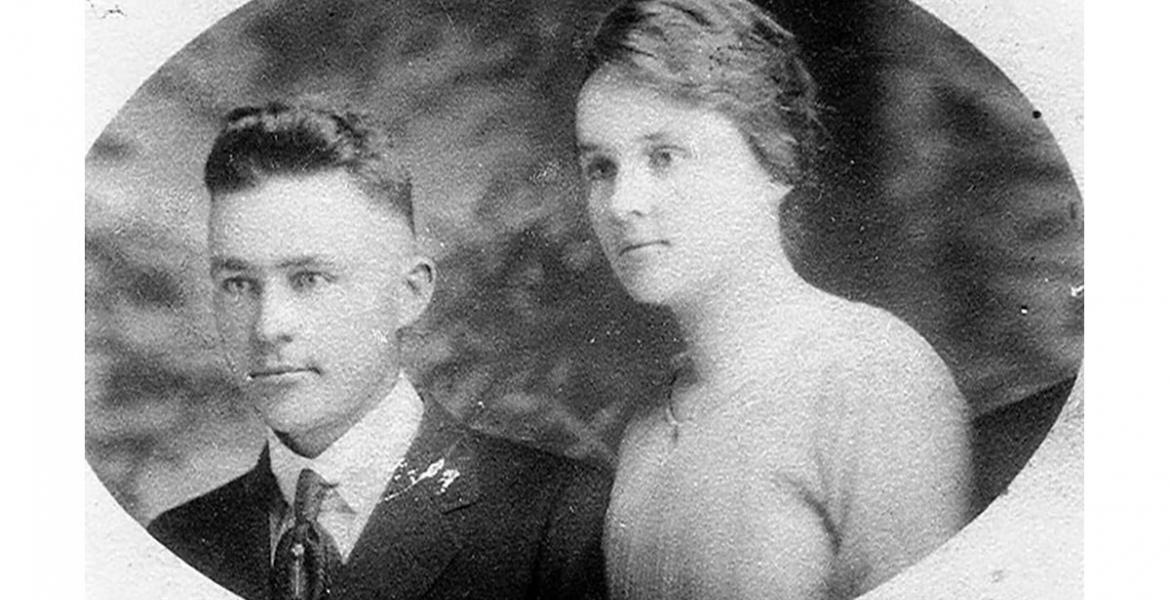AUSTIN, TX — As the Texas Legislature prepares to convene in January, a seismic shift looms over the state's public education system. With a singular focus, lawmakers will tackle one of the most contentious issues in recent memory: school choice vouchers.
Spearheaded by Gov. Greg Abbott, the proposed legislation aims to allow parents to redirect state education funding to private religious schools, charter schools, or alternative educational options through a voucher system.
The push for school vouchers, long a centerpiece of conservative education reform, has reached a fever pitch in Texas. Despite infighting among lawmakers, including a recent uproar over House Speaker Dade Phelan's leadership, many believe the legislature is poised to deliver Abbott’s vision. Supporters herald the initiative as a victory for parental choice and an overdue overhaul of a public education system they argue has stagnated for decades. Critics, however, warn of disastrous consequences for traditional public schools.
The End of an Era for Public Schools?
If passed, the voucher system could dramatically alter the educational landscape in Texas. State funds that traditionally support public schools would instead follow students to their chosen educational institutions, including private and religious schools. This shift has sparked fears of a "giant sucking sound," as Ross Perot famously said about NAFTA, as students—and the accompanying funding—depart public schools en masse.
Texas public schools, already grappling with budget shortfalls and teacher shortages, may find themselves in even deeper crisis. A decline in attendance could force schools to cut programs, lay off staff, and consolidate campuses. Yet, some argue this disruption is precisely what the system needs. Despite decades of attempts by educators, administrators, and school boards to reform K-12 education, critics say there has been little meaningful progress.
"Public education has been on life support for years," said Dr. Linda Chavez, an education policy analyst based in Dallas. "Perhaps this shake-up will finally force schools to focus on how students learn instead of how they perform on standardized tests."
Parental Power and Accessibility
One of the driving forces behind the voucher movement is the desire to return decision-making power to parents. Advocates argue that vouchers level the playing field, allowing low-income families to afford tuition at private or religious schools previously out of reach. However, skeptics caution that the financial reality may not be so simple.
"Vouchers may cover part of the cost, but they won't make up the full difference for many families," said Michael White, president of the Texas Association of Rural Schools. "We could see a situation where families leave public schools but still can't afford private tuition, creating a new gap in access to quality education."
Impact on High School Athletics and UIL
Another question looming over the debate is how school vouchers might affect Texas’ beloved UIL (University Interscholastic League) sports programs, especially high school football. With its storied rivalries and multimillion-dollar stadiums, Texas high school football is as much a cultural institution as it is a sport.
For decades, school districts have invested heavily in state-of-the-art facilities, including artificial turf fields, giant scoreboards, and synchronized light shows. These stadiums serve as symbols of community pride and economic investment, but they are also a reflection of the public school funding model.
"Vouchers could pull talented athletes away from public schools, potentially reshaping UIL competition and even jeopardizing the viability of smaller districts," said Kevin Grant, a former high school coach in East Texas. "It’s hard to imagine Texas football without the traditional Friday night lights, but the system is definitely at a crossroads."
Some speculate that standout athletes might find new opportunities in private or charter schools, where academics and sports programs could cater to elite performance. Others suggest that a voucher-driven exodus from public schools might force UIL to rethink its structure entirely, potentially moving toward a model more aligned with private leagues.
Uncertain Future
While the full impact of school vouchers remains to be seen, one thing is clear: Texas public education is on the brink of a profound transformation. For some, the voucher system represents a long-overdue shift toward greater educational freedom and innovation. For others, it is a gamble that risks dismantling a public school system that has served millions of students for generations.
"This is going to be a defining moment for Texas education," said Chavez. "We won't know for years whether vouchers will be a bold step forward or just another expensive boondoggle."
As the legislature convenes, all eyes will be on Austin. Whatever the outcome, the decisions made in the coming months will reverberate through Texas classrooms, locker rooms, and communities for decades to come.
Subscribe to the LIVE! Daily
Required






Post a comment to this article here: